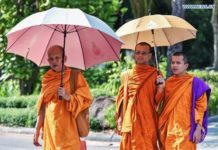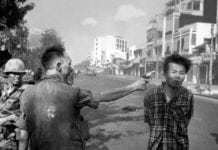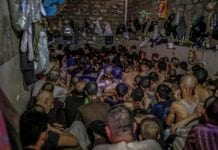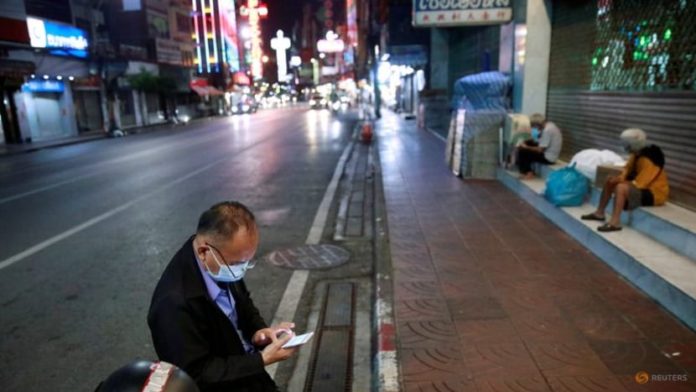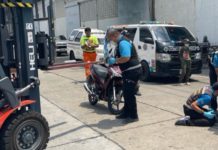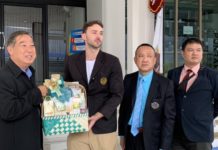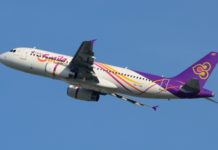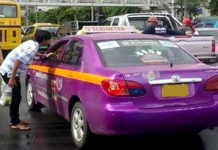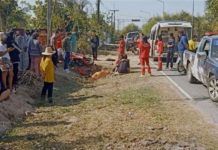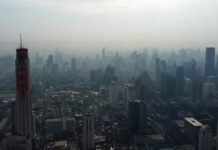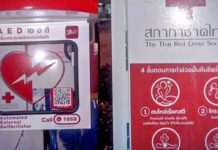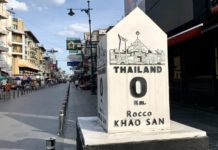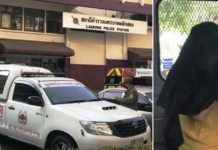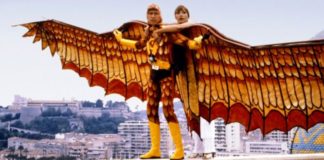In downtown Bangkok’s Patpong area, most evenings are quiet. Before the pandemic, it was one of the world’s most notorious red-light districts, attracting foreign tourists to its many bars, nightclubs, and massage parlours.
With the tourism industry decimated by 2 years of Covid-19, most of the street’s businesses are locked, with “Closed” signs in the windows.
At the area’s night bazaar – for decades the place to buy Red Bull T-shirts, Thai boxing pants, and fake Rolex watches – the vendors are gone.
Thailand wants to get them back. Tourism accounted for one-fifth of the country’s gross domestic product (GDP) before the pandemic, with almost 40 million foreign tourists generating more than US$60 billion in 2019.
In early February, Prime Minister Prayuth Chan-Ocha’s government began allowing vaccinated travellers to enter quarantine-free.
Like many countries that are now treating Covid as endemic, Thailand is eager to jump-start its tourism industry.
But visitors expecting bustling restaurants, bars, and markets may be in for a shock, because many of the small businesses that played major roles in Thailand’s tourism ecosystem closed during the lockdowns and have not reopened.
And large, higher-end businesses are offering steep discounts and special packages to capture the few visitors who are still travelling, squeezing out the smaller operators that have survived.

